Luwai Tanzania Safaris… a dream come true!
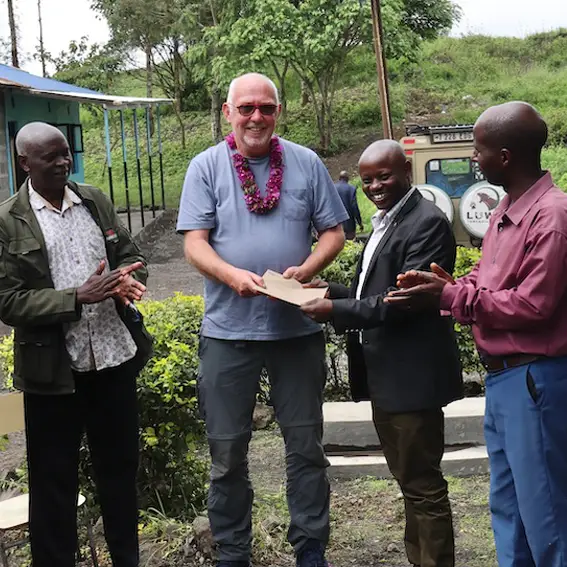
Home Safari Blog Safari Blog Our story began in January 2023. After exploring South Africa, Botswana, Kenya, Namibia, Zimbabwe, and Ethiopia on several tours, I decided to book a safari trip to Tanzania. It was the season of the “great migration,” and I wanted to witness this spectacular event firsthand. The travel agency organized a trip through several wildlife sanctuaries, culminating in a visit to Serengeti National Park. My driver and wildlife guide, Silas, turned out to be a delightful travel companion. Despite our age difference, we quickly became good friends. During the trip, Silas shared his big dream with me: to buy his own safari jeep to invest in the future of his family and his home village. His enthusiasm showed his genuine commitment. /*! elementor – v3.22.0 – 26-06-2024 */ .elementor-widget-image{text-align:center}.elementor-widget-image a{display:inline-block}.elementor-widget-image a img[src$=”.svg”]{width:48px}.elementor-widget-image img{vertical-align:middle;display:inline-block} I became interested and asked if we could make a stopover in his village, even though it was not on the itinerary. During my travels, I always seek contact with the locals, so this seemed like an ideal opportunity to experience the daily life of a Tanzanian villager. The village of Sinai is set in a beautiful hilly landscape, next to Arusha National Park. We started with a visit to Silas’ mother. The petite woman, in her 60s, lives in a small hut and works the surrounding land from morning to night. She has a few cows, goats, chickens, and two donkeys, which, along with the produce from the land, provide a basic income. The donkeys are indispensable for fetching water for the vegetables, animals, cooking, sanitation, and laundry from miles away, as the village has no water supply or electricity. As he told me about his school years, I asked Silas if we could also visit the local school. I understood that the little school was in a deplorable state. We were welcomed by the headmaster, who showed us around. The renovation of the school really proved necessary. Unfinished walls, broken floors, windowless windows and inadequate plumbing. To my dismay, there is even a class with only a floor but no roof and walls. And the school furniture dates back to my time in primary school, totally worn out after all these years and intensive use. And there is, like in the whole village, no water or electricity. I’ve always loved Africa and had been searching for a way to spend a few months each year on this magnificent continent. Finally, I found my reason. Partnering with Silas, we decided to start a safari business. We bought a jeep and committed to using the income from our tourism activities to renovate the local school and village through the Luwai Sinai Project foundation. Two months later, I returned. With the assistance of our local lawyer, we established the company, secured the necessary permits, and ordered our first jeep. Luwai Tanzania Safaris was born and by September 2023, we were operative! And our base line… it speaks for itself. Jean-Pierre Safari Blog Luwai Tanzania Safaris… a dream come true! June 27, 2024 Safari Blog Arusha, the heart of Maasai Culture in northern Tanzania June 27, 2024 Safari Blog LUWAI: What Does It Mean? June 21, 2024 Safari Blog Luwai Tanzania Safaris Core Beliefs January 21, 2024 Most Recent Posts Luwai Tanzania Safaris… a dream come true! Arusha, the heart of Maasai Culture in northern Tanzania LUWAI: What Does It Mean? Luwai Tanzania Safaris Core Beliefs Discover the wonders of Tanzania safaris! From the majestic Serengeti to the stunning Ngorongoro Crater, experience the adventure of a lifetime. Inquire now Tags Luwai Tanzania Safaris Core Beliefs January 21, 2024
Arusha, the heart of Maasai Culture in northern Tanzania
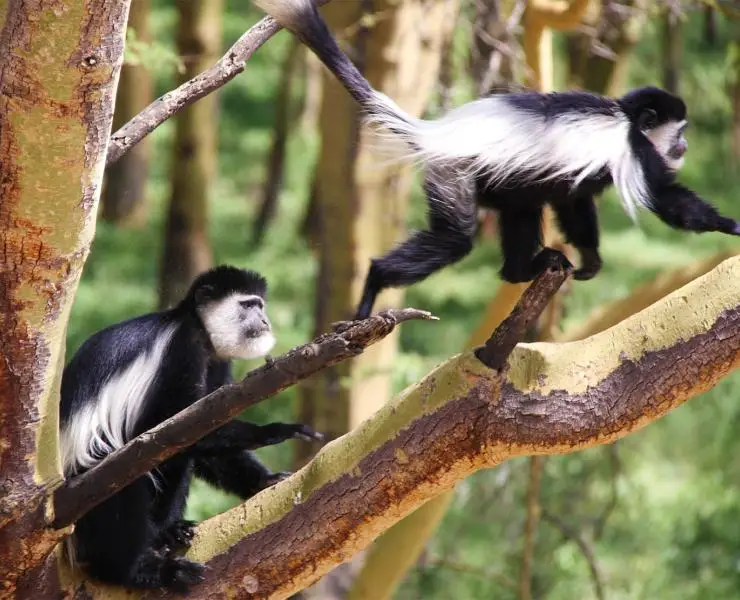
Home Safari Blog Safari Blog Arusha, located in the northern zone of Tanzania, is known as the land of the Maasai and their rich culture. After Dar es Salaam, Mwanza and Tanga, Arusha is Tanzania’s 4th largest city. The northern zone comprises four administrative regions: Arusha, Manyara, Kilimanjaro and Tanga. Until about five years ago, Manyara and Arusha formed one region, but were split due to their geographical expanse. Population According to the 2022 census, greater Arusha had a population of 2.3 million. The city itself has about 617,000 inhabitants, but many people move to Arusha daily for work, shopping and education, so the actual population is much higher. Economic Activities Arusha serves as the administrative centre of the northern zone and is a hub for various income-generating activities such as mining, agriculture, animal husbandry, light industry and tourism. The city is famous for tanzanite, a precious gemstone mined only in Tanzania. Thanks to these various economic activities, Arusha contributes significantly to Tanzania’s gross national product and is the second most important source of revenue for the government after Dar es Salaam. Culture and Language Despite the presence of various ethnic groups, the Maasai community remains true to their traditions and enjoy wearing their traditional clothing. The spoken language in Arusha is Kiswahili, the compulsory language in primary schools. English is also well spoken, especially by young people, due to interaction with tourists and international guests. International Significance Arusha has a cosmopolitan feel thanks to the presence of important international organisations such as the International Criminal Tribunal for Rwanda, the headquarters of the East African Community, and several other institutions. This international presence has led to about 100 nationalities living together in the city. However, this has also increased the cost of living for locals who do not work for these international organisations. Lifestyle Arusha offers a mix of local and modern lifestyles, which is visible in the various types of buildings in the city. There are slums as well as luxury houses. The growth of tourism has led to the construction of new hotels to accommodatethe flow of visitors. Many of the sponsored children in Arusha come from the slums and suburbs where the support centres are located. Education Arusha has numerous government and private schools. Although the government has made primary education compulsory, there is a shortage of secondary schools, classrooms and teaching staff. The government is therefore encouraging private individuals and companies to help build more classrooms to meet the demand. Safari Blog Arusha, the heart of Maasai Culture in northern Tanzania June 27, 2024 Safari Blog LUWAI: What Does It Mean? June 21, 2024 Safari Blog Luwai Tanzania Safaris Core Beliefs January 21, 2024 Most Recent Posts Arusha, the heart of Maasai Culture in northern Tanzania LUWAI: What Does It Mean? Luwai Tanzania Safaris Core Beliefs Discover the wonders of Tanzania safaris! From the majestic Serengeti to the stunning Ngorongoro Crater, experience the adventure of a lifetime. Inquire now Tags Luwai Tanzania Safaris Core Beliefs January 21, 2024
LUWAI: What Does It Mean?
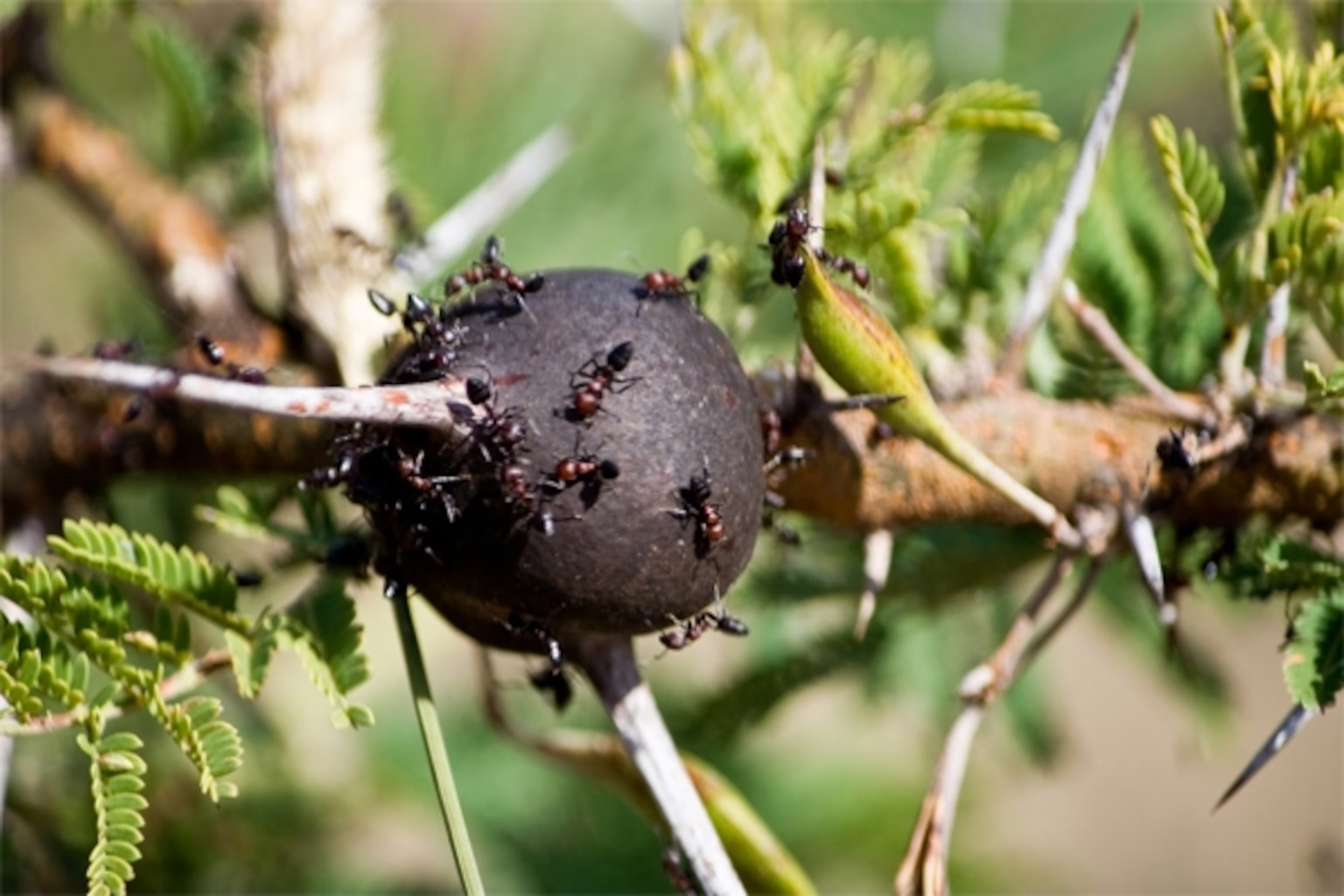
Home Safari Blog Safari Blog As teenagers, we often associate with different people than those we choose to be with as adults. At certain points in our lives, we may seek out subversive influences, while at other times, we prefer support and stability. The same concept applies to other partnerships in nature. Take, for example, the whistling thorn acacia, also known as the Luwai tree by the people living in the Meru district of Tanzania. This African tree, a dominant species in the heavy-clay soils of upland East Africa, forms partnerships with four different species of ants. These symbiotic ants use the tree’s oversized thorny structures as shelter and nesting space. The benefits for the ants don’t stop with just shelter. Not only do they get a place to stay, but they also receive food. Glands near the base of the tree’s leaves secrete a carbohydrate-rich nectar, which the ants can rely on as a substantial and consistent food source. Some ants provide valuable services as bodyguards, even deterring elephants, while others have been labeled as freeloaders and parasites. However, these labels are overly simplistic. The mutualistic association between acacia plants and the ants is a prime example of symbiosis: the plants offer food and shelter in the form of food bodies, nectar, and hollow thorns, while the ants protect the plants from herbivores. Recent scientific discoveries have shown that ants not only protect the acacias but also the birds that nest in these trees. Some tree-nesting birds prefer whistling thorns that house the most aggressive ant species, as the ants help protect the birds from tree-climbing predators. Additionally, whistling thorn acacias are known as musical trees. They have hollow swellings at the base of some of their thorns. When the wind blows through these hollow structures, the trees produce a whistling sound. Safari Blog Luwai Tanzania Safaris… a dream come true! June 27, 2024 Safari Blog Arusha, the heart of Maasai Culture in northern Tanzania June 27, 2024 Safari Blog LUWAI: What Does It Mean? June 21, 2024 Safari Blog Luwai Tanzania Safaris Core Beliefs January 21, 2024 Most Recent Posts Luwai Tanzania Safaris… a dream come true! Arusha, the heart of Maasai Culture in northern Tanzania LUWAI: What Does It Mean? Luwai Tanzania Safaris Core Beliefs Discover the wonders of Tanzania safaris! From the majestic Serengeti to the stunning Ngorongoro Crater, experience the adventure of a lifetime. Inquire now Tags Luwai Tanzania Safaris Core Beliefs January 21, 2024
Luwai Tanzania Safaris Core Beliefs
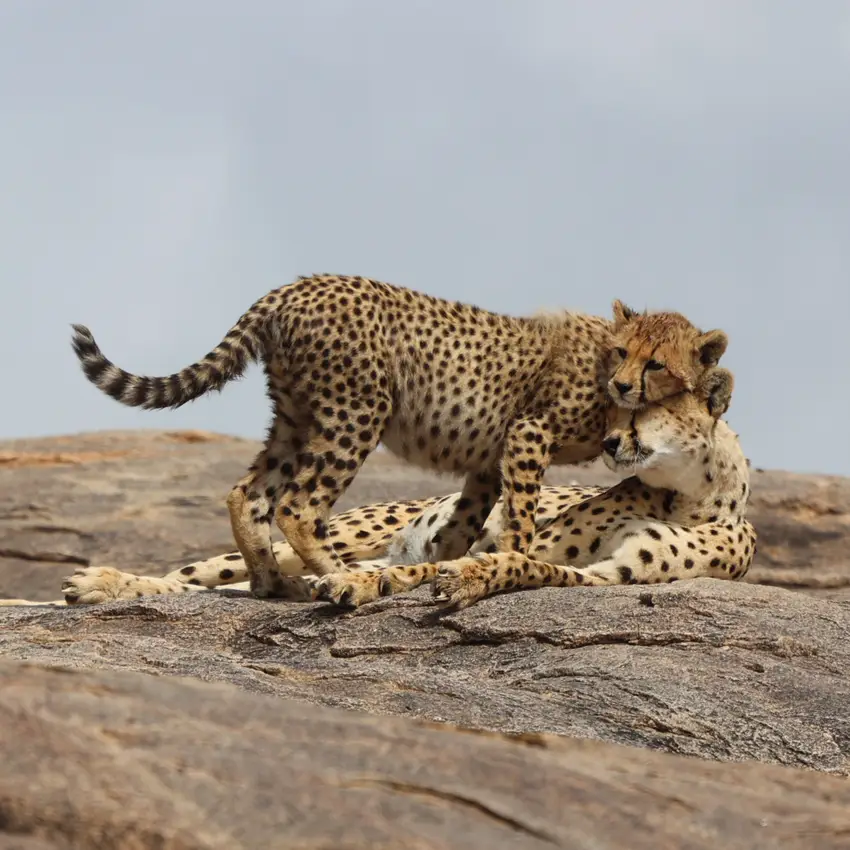
Home Safari Blog Safari Blog We make every effort to offer our guests the best possible safari experience. We strive to bring our guests closer to nature. We believe in providing exciting wildlife experiences. We give our guests as much useful information as possible about fauna and flora during their safari to enhance their understanding of everything they see and hear around them. We believe in providing quality ‘edutainment’ to younger generations so they can better appreciate their Safari adventures. We strive for our guests to interact with local communities to gain a better understanding of their culture. We strive to protect and enhance the environments in which we operate for the sake of future generations. We believe that our connection to the local community is just as important as the incredible wildlife experiences we offer. That’s why we’re dedicated to making a positive impact. Signed Silas Nassari & Jean Pierre DeschepperDirectors Luwai Tanzania Safaris Safari Blog LUWAI: What Does It Mean? June 21, 2024 Safari Blog Luwai Tanzania Safaris Core Beliefs January 21, 2024 Most Recent Posts LUWAI: What Does It Mean? Luwai Tanzania Safaris Core Beliefs Discover the wonders of Tanzania safaris! From the majestic Serengeti to the stunning Ngorongoro Crater, experience the adventure of a lifetime. Inquire now Tags Luwai Tanzania Safaris Core Beliefs January 21, 2024
